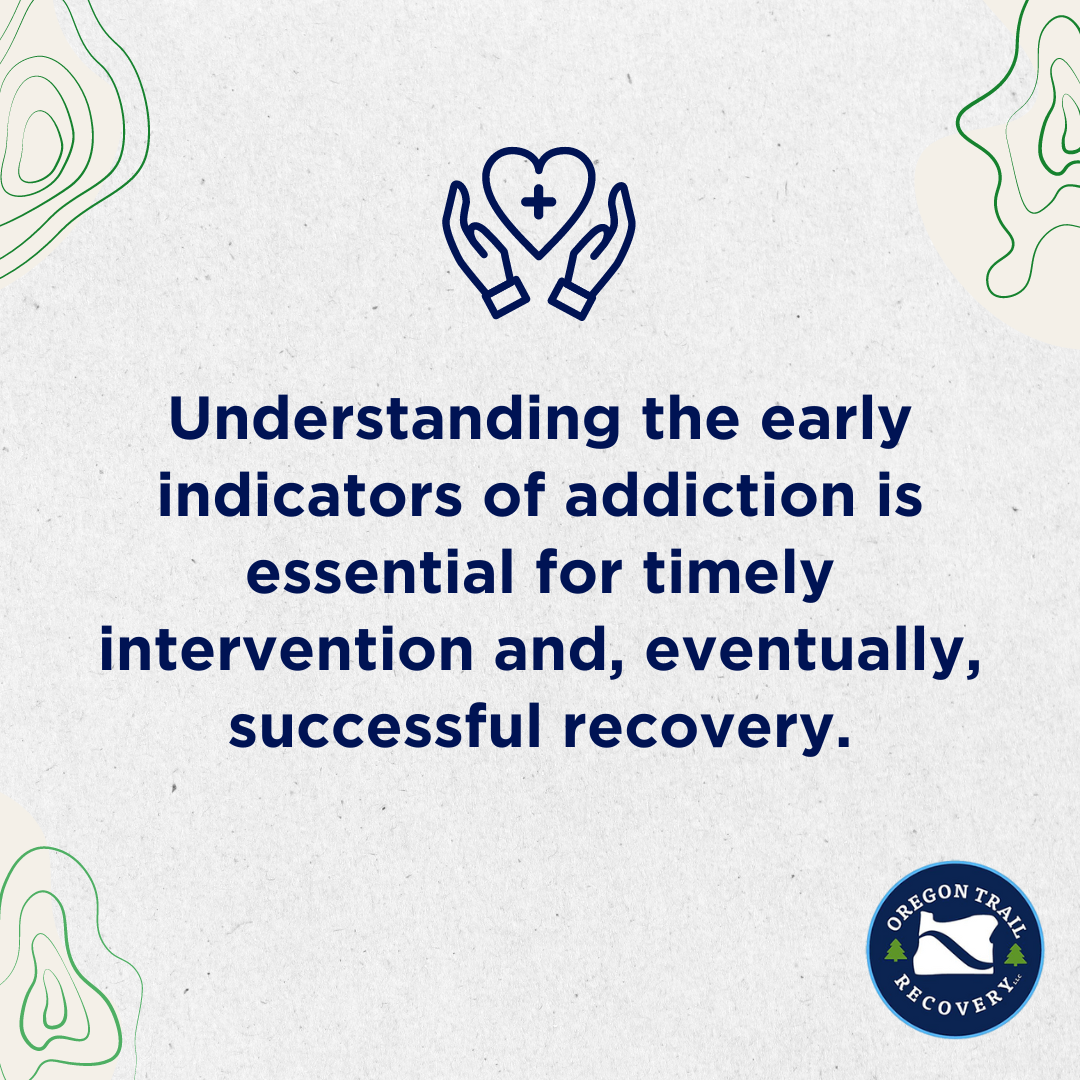
Is addiction simply a matter of choice? Or is it something far more complex? One common misconception about addiction is that it’s merely a simple desire to use substances. However, this myth overshadows the fact that several factors can trigger addiction. Life throws us unexpected challenges. Significant life events, stress, trauma, and major transitions or changes often pave the way from occasional use to full-on dependency.This blog will explore how all of these things can lead you toward substance abuse.

Can stress cause addiction? This question is more relevant than ever. According to a review of pre-clinical, clinical, and population studies, chronic stress makes you at risk of developing an addiction or falling back into it. The challenging part is that stress is an inevitable part of the human experience. It arises from many things. For instance, work pressures — ranging from looming deadlines to high-stakes projects or even the constant demand to perform consistently well — may leave you little room for rest. Interpersonal conflicts, too, are a huge source of stress, whether they stem from misunderstandings with loved ones or tensions in your professional relationships. Financial difficulties, such as managing debt, living paycheck to paycheck, or facing unexpected expenses, add another layer of stress. These real-life scenarios illustrate just how varied and pervasive stressors can be. And if you are often stressed, it can make you dependent on alcohol or drugs, as you seek a sense of control or a way to escape.Over time, what you initially considered a simple coping mechanism can evolve into a necessity. Remember that addictive substances can alter how your brain functions and how you perceive pleasure, leading to a dependency that's difficult to overcome without help.

The spectrum of trauma is rather wide-ranging. It encompasses the harrowing effects of post-traumatic stress disorder (PTSD), the deep scars left by different kinds of abuse, and the sudden, life-changing impact of accidents. Sadly, for some people, like military personnel, the risks are even greater.Unfortunately, the stakes are higher for some people. Research shows that the prevalence of PTSD in military personnel and veterans ranges from 1.09 to 34.84%. But whether you're at a higher risk of experiencing trauma or not, here's the reality: when you go through traumatic events, it can shake the very core of your sense of safety. As you try to deal with these events, it’s possible that you’ll fall into addiction.
Major life transitions are important moments that can have a big impact on your future. It could push you towards drug and alcohol addiction as you try to find comfort during uncertain times.Here are some huge transitions that you will encounter at some points in your life.
You will experience many physical and emotional changes when you're in your teenage years. Apart from the pressures of fitting in, you will encounter academic and social expectations that can be challenging to meet.

Facing retirement after dedicating a significant portion of your life to your career can be difficult. The loss of a professional identity — coupled with the potential for increased isolation and the need to face the reality of mortality — is nothing short of daunting. If you struggle to find healthy hobbies and have a renewed sense of purpose, you’re at risk of filling the void with addictive substances.
The grief that follows the loss of a loved one is one of the most intense and distressing experiences that you will face. The pain and emptiness can prompt you to use substances as a means to numb feelings.
Understanding the early indicators of addiction is essential for timely intervention and, eventually, successful recovery. How do you recognize it early on? Here are the signs to watch out for.
Keep an eye out for noticeable changes in their appearance, energy levels, and sleep patterns. If they're facing unexplained health issues or you've noticed a decline in their personal hygiene, these could be red flags indicating a deeper issue.
Be attentive to sudden changes in their behavior. If they're becoming more secretive, withdrawing from social activities they once enjoyed, or neglecting their responsibilities, these could be serious indicators.
Emotional and psychological well-being plays a significant role in addiction. If you notice someone experiencing increased stress, feelings of isolation, or dealing with unresolved trauma, these could be crucial signs.
Understanding whether substance use is a problem can be challenging, as many triggers of addiction are often subtle or misunderstood. Seeking advice from professionals provides clarity and ensures you have access to tailored strategies for intervention and support.

Addiction is not a path chosen lightly or willingly. It’s a complex interplay of stress, trauma, and life transitions that can lead anyone down a road they never intended to take. Recognizing what can trigger addiction — both big and small — can be the first step toward understanding and, ultimately, overcoming substance use.If you or someone you know is battling addiction, know that help is available. At Oregon Trail Recovery, we specialize in addiction treatment services, offering tailored support to guide you through these challenging times. Don't let addiction define your path. Reach out today, and let us help you find your way back to an addiction-free life.